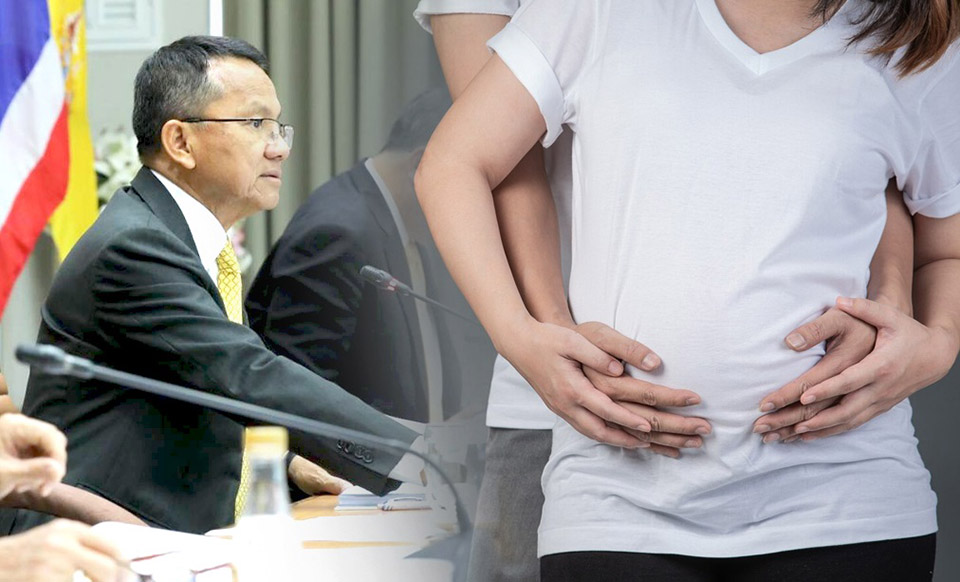
The Committee on the prevention and solution of teenage pregnancy has reported a continuous decline in the teenage birth rate.
Data shows that the birth rate for the age group of 10-14 years decreased from 0.9 per 1,000 population in 2021 to 0.8 per 1,000 population in 2022. Similarly, the birth rate for the age group of 15-19 years also continued to decline, from 24.4 per 1,000 population in 2021 to 21 per 1,000 population in 2022.
According to Somsak Thepsutin, Deputy Prime Minister, who presided over the meeting, these figures are in line with the goals set by the national plan for the prevention and resolution of teenage pregnancy issues.
He also highlighted that Thailand is currently experiencing a significant decrease in newborns, from over 1 million annually to just under 500,000, leading to a continuous decrease in the country’s total fertility rate from 6.29 in 1970 to just 1.08 currently.
The Deputy Prime Minister expressed concerns that if this trend of declining births continues, it is estimated that in the next 60 years, Thailand’s population will be halved to just 33 million people. This would drastically reduce the working-age population from 46 million to just 14 million, significantly impacting the country’s economic condition and security in the future.
Somsak further stated that the meeting resolved to amend laws to promote childbirth for those over 20 years old, including support for teenagers facing unplanned pregnancies. According to data from the Department of Health, more than 80-90% of teenagers with unplanned pregnancies wish to terminate the pregnancy.
Proposals have been made to provide assistance to promote quality births and help reduce the issue of declining newborns. Consequently, a sub-committee has been urgently established to consider this matter and adjust the role and responsibilities in the Act to promote childbirth, aligning with the current situation. (NNT)








